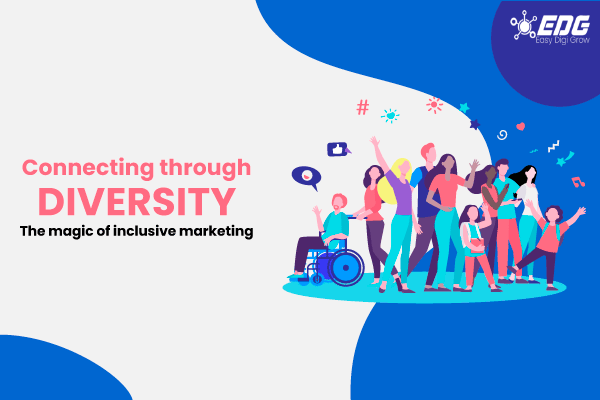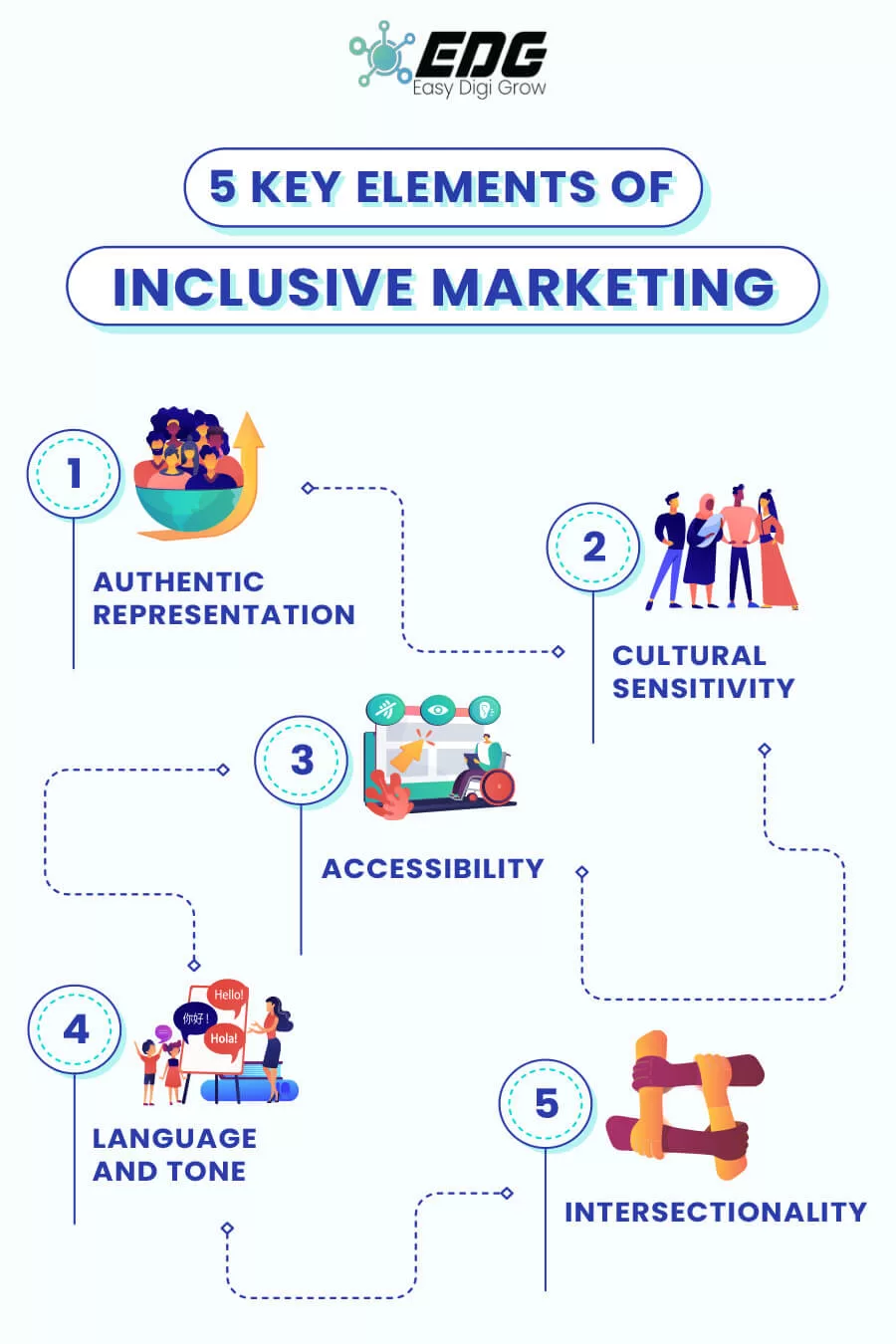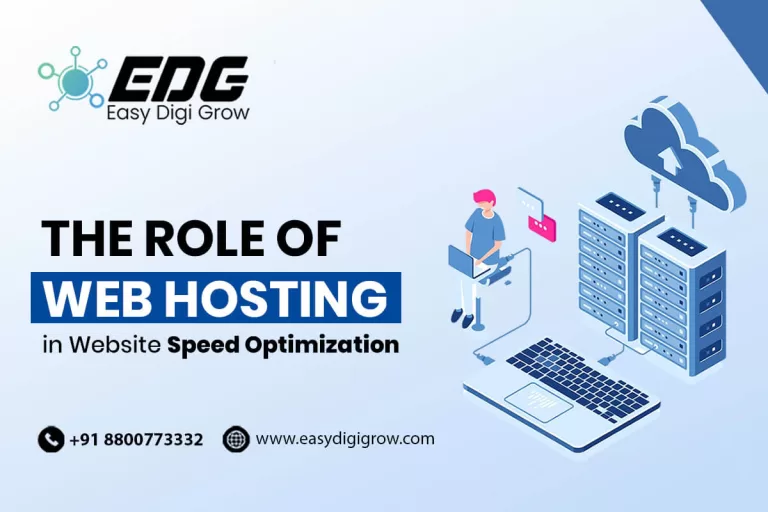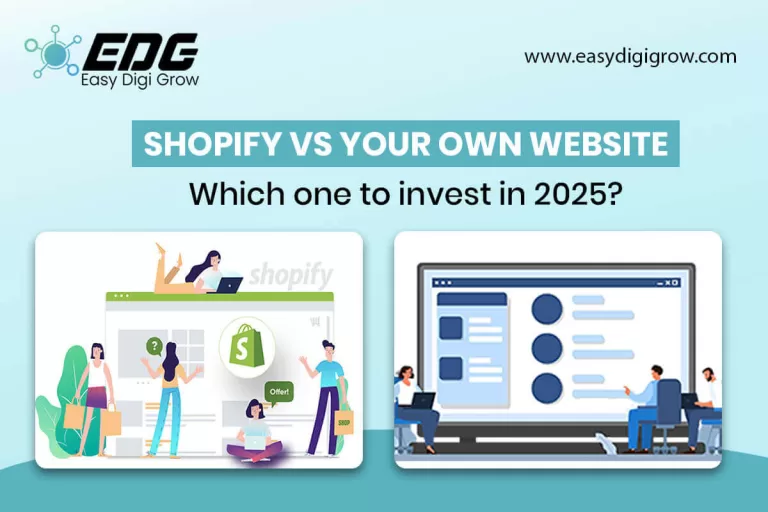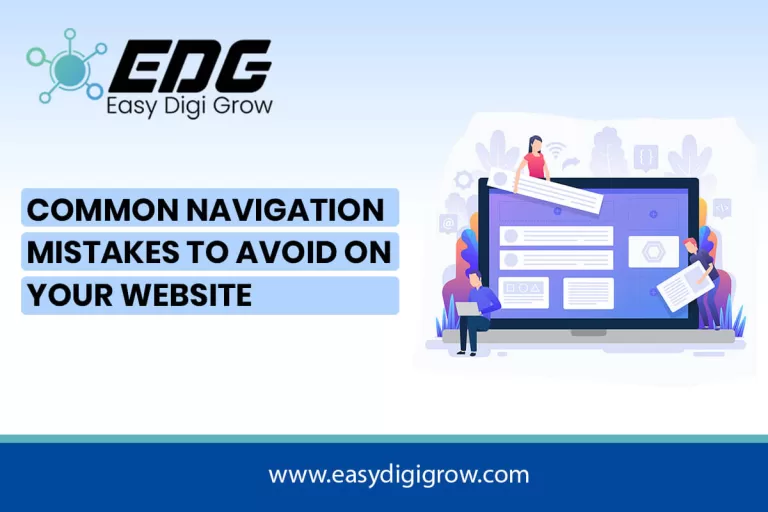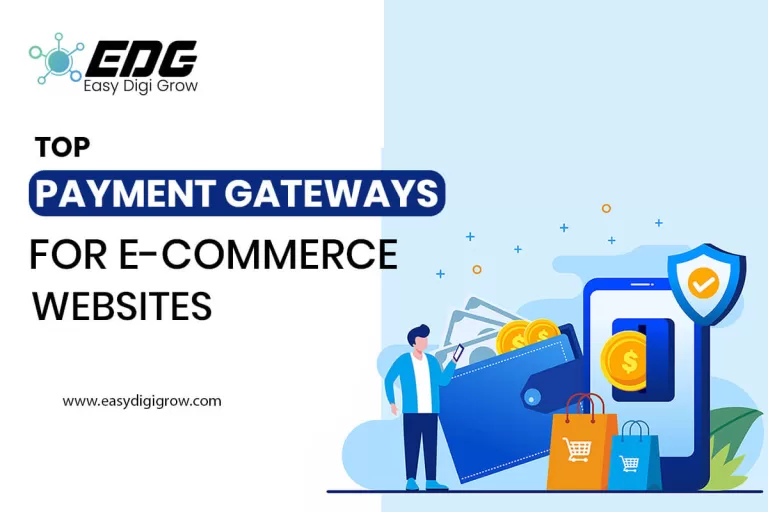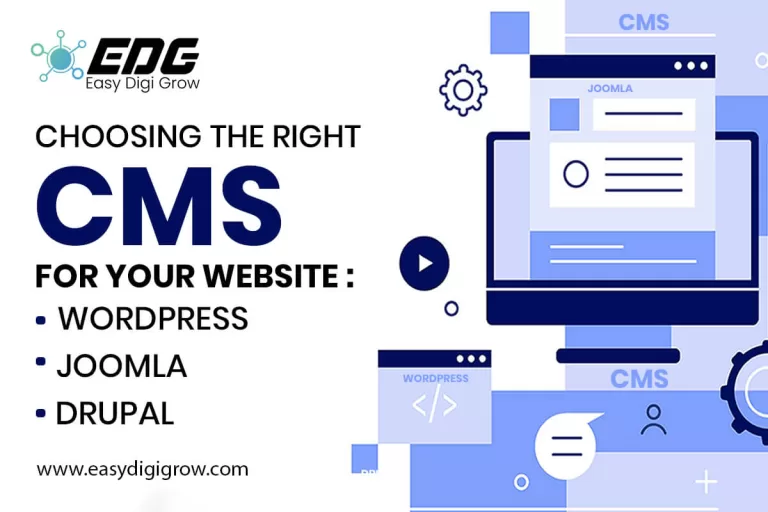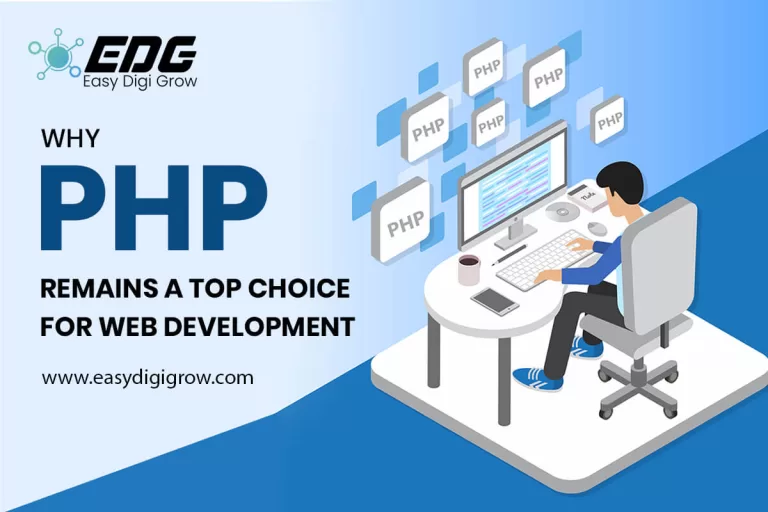In this diverse world, businesses need to connect with people from different backgrounds and cultures. Inclusive marketing helps create campaigns that resonate with a wide range of individuals.
It goes beyond targeting a specific group and aims to make everyone feel included and represented. In this blog, we’ll explore the concept of inclusive marketing, the benefits of inclusive marketing, key elements, successful case studies, strategies for implementation, and challenges.
Understanding Inclusive Marketing
Inclusive marketing means creating campaigns that embrace diversity and representation. It’s about making everyone feel seen and heard. It goes beyond just showing people from different backgrounds in advertisements.
Inclusive marketing considers cultural sensitivity, accessibility, language and tone, and intersectionality. Its goal is to establish connections with individuals from diverse backgrounds and experiences.
Benefits of Inclusive Marketing
- When you opt for digital marketing services for a diverse group of people, you’re more likely to find customers who are interested in your products or services.
- When people see that you’re inclusive, they’re more likely to feel like you understand them and their needs. This can lead to stronger relationships with your customers and increased brand loyalty.
- Inclusive marketing can help you build a positive brand reputation as a company that is welcoming and accepting of all people.
- Employees are more likely to want to work for a company that they feel is inclusive and diverse.
- Inclusive marketing can lead to increased sales as more people are drawn to your brand.
- When you use language and imagery that reflects the diversity of the world we live in, your content will be more likely to resonate with people from all walks of life.
- Inclusive marketing can help to raise awareness of important issues and to challenge stereotypes.
5 Key Elements of Inclusive Marketing
To create impactful inclusive marketing campaigns, consider these key elements:
- Authentic Representation
Authentic representation means featuring real people from diverse backgrounds. Avoid stereotypes and show the true diversity of your audience and society.
- Cultural Sensitivity
Understand the cultural nuances and traditions of the communities you represent. Avoid cultural appropriation or offensive stereotypes.
- Accessibility
Ensure your marketing is accessible to everyone, including people with disabilities. Provide alternative formats for content, and make your website and campaigns accessible.
- Language and Tone
Avoid bias, discrimination, or exclusion in your messaging. Keep the tone conversational and relatable to engage your audience.
- Intersectionality
Consider the intersectionality of people’s identities, such as race, gender, age, and ability. Reflect on the complexity of their lives and experiences in your campaigns.
Strategies for Implementing Inclusive Marketing
Implementing inclusive marketing requires careful planning and the consideration of various digital marketing strategies.
- Research and Audience Segmentation:
Begin by conducting thorough research to understand the demographics, preferences, and values of your target audience.
Then, segment your audience based on characteristics such as age, ethnicity, and interests. This data will provide valuable insights to inform your inclusive marketing strategies.
- Diverse Team and Perspectives:
Foster an inclusive work culture by building a diverse marketing team that brings different perspectives to the table. Encourage open-mindedness and value the contributions of individuals from various backgrounds.
Thus, this diversity will enable your team to develop more inclusive and effective campaigns.
- Collaboration with Diverse Influencers:
Forge partnerships with diverse influencers who genuinely represent different communities. These influencers can help you connect with their followers and expand the reach of your campaign.
However, ensure that these collaborations are authentic and aligned with your brand values.
- Partnerships with Nonprofit Organizations:
Collaborate with nonprofit organizations that prioritize diversity and inclusion. By supporting causes that align with your brand values, you can create impactful campaigns that drive positive change.
Working together with these organizations can also enhance your credibility and social impact.
- Continuous Learning and Improvement:
Inclusive marketing is an ongoing process of learning and improvement. Stay updated on emerging trends, best practices, and social issues related to diversity and inclusion.
Moreover, continuously evaluate and refine your campaigns based on feedback from diverse perspectives. Engage in open dialogues with your audience to better understand their needs and preferences.
So, by implementing these strategies, businesses can create more inclusive marketing campaigns that resonate with diverse audiences.
Through ongoing learning and collaboration, companies can adapt to changing societal dynamics and foster a stronger connection with their customers.
User’s favorite: Website Design Trends of 2023
Case Studies: Successful Inclusive Marketing Campaigns in India
- Tata Tea’s Jaago Re campaign

This campaign highlighted the importance of education for girls. The campaign featured a powerful video of a young girl who was denied education because she was a girl. The video went viral and helped to raise awareness about the issue of gender inequality in education.
- Cadbury’s Kuch Khaas Hai campaign

This campaign celebrated the diversity of Indian families. The campaign featured a series of ads that showed different types of families, including single-parent families, interfaith families, and LGBTQ+ families. The campaign was a huge success and helped to promote a more inclusive view of Indian families.
Also Read: The Role of AI in Personalized Campaigns
Overcoming Challenges in Inclusive Marketing
- Fear of Backlash
Some companies fear negative reactions when addressing sensitive topics or representing diverse communities. Approach these challenges with empathy, authenticity, and a willingness to listen and learn. Take ownership of mistakes and view them as valuable learning experiences.
- Lack of Diversity in the Industry
The marketing industry itself often lacks diversity. Encourage diversity in hiring practices and provide equal opportunities for career growth. Create a work environment that is supportive and inclusive for everyone.
- Cultural Appropriation
Avoid cultural appropriation by conducting thorough research and consulting cultural experts. Engage in meaningful collaborations to ensure respectful representation.
- Tokenism
Ensure that diverse individuals have meaningful roles and opportunities within your organization. Avoid including them just for appearance’s sake. Value their perspectives and contributions.
- Measurement and Evaluation
Develop metrics that go beyond traditional measures of success. Consider qualitative feedback, social impact, and long-term brand reputation as indicators of success.
7 Inclusive marketing trends that will impact your brand
Inclusive marketing is continuously evolving to reflect the changing dynamics of society. Here are some inclusive marketing trends that can have a significant impact on your brand:
- Authentic Representation: Consumers are increasingly seeking authentic and genuine representation in marketing campaigns. Thus, they want to see real people from diverse backgrounds, with relatable stories and experiences.
However, brands that prioritize authentic representation will be able to build trust and stronger connections with their audience.
- Micro-Influencers and Everyday Advocates: While influencers have been a significant part of marketing strategies, there is a growing trend toward working with micro-influencers and everyday advocates.
These individuals have smaller but highly engaged followings and can bring an authentic voice to your brand. So, collaborating with micro-influencers, and adapting micro-influencer marketing strategies and everyday advocates allows for more diverse and relatable perspectives to be represented.
Also read: Importance of Influencer Marketing for your business
- User-Generated Content: User-generated content (UGC) empowers consumers to become co-creators of brand messaging. Encouraging and amplifying UGC allows for diverse voices and experiences to be shared.
User-generated content (UGC) also fosters a sense of community and authenticity, as consumers see themselves represented in the brand’s marketing efforts.
- Inclusive Product Development: Inclusive marketing goes hand in hand with inclusive product development. Brands that invest in designing products and services that cater to a diverse range of needs and preferences demonstrate a genuine commitment to inclusivity.
However, this approach can enhance the overall brand experience and build long-lasting relationships with consumers.
- Accessibility in Marketing Materials: Accessibility is a crucial aspect of inclusive marketing. Brands are increasingly making their marketing materials more accessible to individuals with disabilities.
This includes providing captions, audio descriptions, and alt text for visual content, as well as ensuring website accessibility for screen readers and keyboard navigation.
- Embracing Body Positivity: Body positivity is gaining momentum as a movement promoting acceptance and celebration of all body types. Inclusive marketing embraces body positivity by featuring diverse body shapes, sizes, and abilities.
By promoting a positive and inclusive body image, brands can resonate with a wider range of consumers.
- Cultural Exchange and Appreciation: Inclusive marketing embraces cultural exchange and appreciation by showcasing diverse cultural traditions, celebrations, and customs.
Brands that respectfully highlight and celebrate different cultures can create connections and bridge gaps between communities.
By staying informed about these inclusive marketing trends, your brand can adapt and ensure that its marketing efforts are inclusive, relevant, and resonate with diverse audiences.
Conclusion
As your brand embarks on the journey of inclusive marketing, remember the benefits it brings, including expanding your customer base, enhancing brand reputation and loyalty, fostering innovation, and connecting with your audience on a deeper level.
If you’re looking for professional assistance in your digital marketing and web development endeavors, consider EasyDigiGrow. As a leading digital marketing company, EasyDigiGrow specializes in inclusive strategies that can help your brand thrive in the digital landscape.
Embrace inclusive marketing, celebrate diversity, and make a positive impact through your campaigns.
FREQUENTLY ASKED QUESTIONS
- How can I get started with inclusive marketing?
Start by conducting research on your target audience and understanding their diverse needs and preferences. Educate yourself and your team on the principles of inclusive marketing and seek guidance from experts or consult with diverse perspectives. Then, begin incorporating inclusive practices into your marketing campaigns and messaging.
- Is inclusive marketing only for large corporations?
No, inclusive marketing is relevant and valuable for businesses of all sizes. It is about embracing diversity and representation in your marketing efforts, regardless of the scale of your organization. Inclusive marketing can help you connect with your audience on a deeper level and differentiate your brand.
- What are some common mistakes to avoid in inclusive marketing?
Common mistakes include tokenism, cultural appropriation, using stereotypes, and not involving diverse perspectives in the decision-making process. It is crucial to approach inclusive marketing with authenticity, cultural sensitivity, and a commitment to genuine representation and inclusion.
- How can inclusive marketing benefit my business?
Inclusive marketing can benefit your business in several ways. It helps expand your customer base, enhance brand reputation and loyalty, foster innovation, and create a stronger connection with your audience. Inclusive marketing demonstrates your commitment to diversity and inclusivity, which resonates with consumers who value these principles.
- Where can I find resources to educate myself about inclusive marketing?
There are various resources available to educate yourself about inclusive marketing. Look for books, articles, online courses, and webinars that specifically address the topic of inclusive marketing. Additionally, follow thought leaders and organizations in the diversity and marketing fields, and engage in conversations and discussions to learn from diverse perspectives.
- What are the legal and ethical considerations to keep in mind when practicing inclusive marketing in India?
When practicing inclusive marketing in India, it is important to adhere to legal and ethical considerations. Respect copyright laws, avoid misleading or false claims, and ensure that your campaigns comply with relevant advertising regulations.



